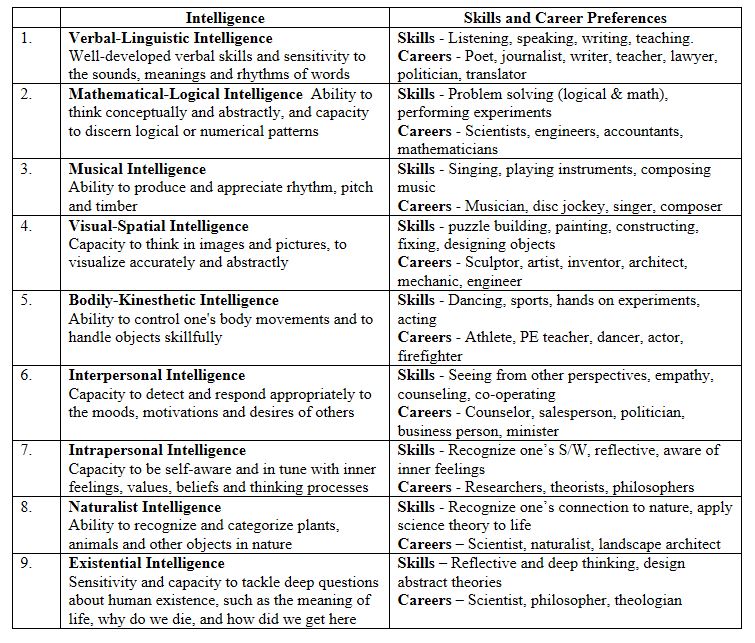In the land of Gnosticia, legend speaks of a messiah who would lead his chosen people to greatness as a far flung empire. This prophecy came to pass when a child was born to a virgin woman, and would go on to teach his people the gifts of magic. After some time, this child would ascend to the heavens and become " The Demiurge", and would continue to be worshipped by his people as their god. Through this being, they would harness the power of magic as they competed with other tribes in the ancient world.
The Demiurge left behind three systems of magic to the gnosticians. These systems are seen as ways to communicate with the universe around you through a series of pre-ordained steps in order to get certain predictable results. They would all be capable of accomplishing the same things, but in different ways and extents, such as making fire, summoning lightning, or creating familiars. This would be similar to inputting code into a programming language, the equivalent being Java, Python, and C++. The type of system would be the language, the rituals as the code, and the activation as the compiler. The first type would be simple and easy to understand and master, but would be limited in capability and scope, and ultimately not very powerful. At the other end of the spectrum would be a system that provided far more control and flexibility, allowing for more powerful effects and better results. However, it is far more complicated, with more rituals, incantations, and years of study, making it difficult to master. The medium range would be a mixture of both. Various gnosticians take up learning a system according to his or her temperament.
As a young god, the Demiurge must compete with older deities much older and secure. The followers of beings like Yahweh, Moloch, etc, have had years head start honing their craft in magic, each producing a single magic system that operates as a " universal coding language ". This allows their followers to only need to study one system of magic instead of three, saving much time and resources. This allows these universal magic systems to be easier to study, instead of having to re-learn mage-craft when studying a new form of magic.
This puts the younger god and his people in a bad position. What advantages would learning three magic systems have over one that is all-inclusive?

